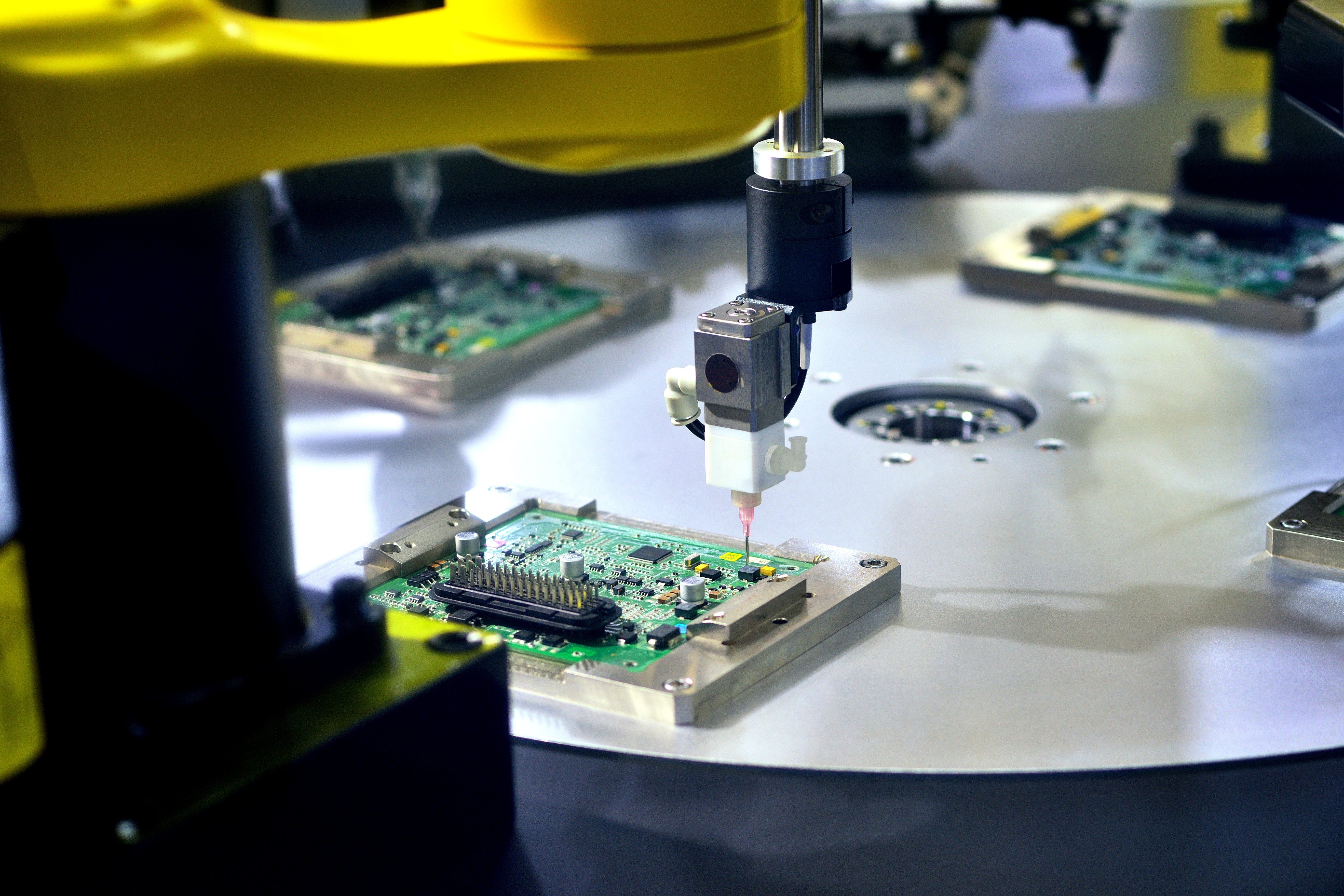Russia’s invasion of Ukraine will make the chip shortage even worse, experts warn
Ukraine supplies over 90 per cent of vital neon gas used for lasers in chipmaking, exacerbating supply chain issues that have been ongoing since the start of the pandemic

Your support helps us to tell the story
From reproductive rights to climate change to Big Tech, The Independent is on the ground when the story is developing. Whether it's investigating the financials of Elon Musk's pro-Trump PAC or producing our latest documentary, 'The A Word', which shines a light on the American women fighting for reproductive rights, we know how important it is to parse out the facts from the messaging.
At such a critical moment in US history, we need reporters on the ground. Your donation allows us to keep sending journalists to speak to both sides of the story.
The Independent is trusted by Americans across the entire political spectrum. And unlike many other quality news outlets, we choose not to lock Americans out of our reporting and analysis with paywalls. We believe quality journalism should be available to everyone, paid for by those who can afford it.
Your support makes all the difference.Russia’s invasion of Ukraine could exacerbate the chip shortage that has made it difficult for manufacturers to build computer parts.
Russia recently invaded the country, attempting to take the capital Kyiv. Explosions have been reported on the outskirts Kharkiv, Kramatorsk, and Mariupol.
Neon gas and palladium are both used to produce semiconductor chips, but the US neon supply comes entirely from Russia and Ukraine according to market research firm Techcet.
Russian gas is sourced and purified by a specialised Ukrainian company, according to the company. It’s used in the lithography process used to make chips.
“This will have an impact,” Techcet President Lita Shon-Roy told CNBC. “It will continue to constrain the chip source going into the automotive industry.”
It was thought that the chip shortage would ease as the pandemic waned, but this will create a new strain on the supply chain.
“It’s just one more thing that is going to force prices up,” Mr Shon-Roy also said, predicting that the increase would be felt between six months and one year from now.
It is estimated that Ukraine supplies over 90 per cent of neon, a critical gas for lasers used in chipmaking. Russia, meanwhile, sources 25 per cent of all the palladium used in sensors and memory.
“The automotive market is going to feel that to be sure”, he added – an industry that had already suffered, resulting in a shortage of cars and an increase in prices.
In the UK, car maker Mini had to suspended production at its Oxford factory because of the shortage.
“The chipmakers are not feeling any direct impact, but the companies that supply them with materials for semiconductor fabrication buy gases, including neon and palladium, from Russia and Ukraine,” said a Japanese chip industry source who spoke on condition of anonymity told Reuters.
“The availability of those materials is already tight, so any further pressure on supplies could push up prices. That in turn could knock on to higher chip prices.”
The US Commerce Department had already issued a warning for companies that factories could be shut down because of these shortages, as demand increased by 17 per cent compared to 2019. It said that the only long-term solution would be to rebuild its production lines domestically, but that could take years of development.
Join our commenting forum
Join thought-provoking conversations, follow other Independent readers and see their replies
Comments